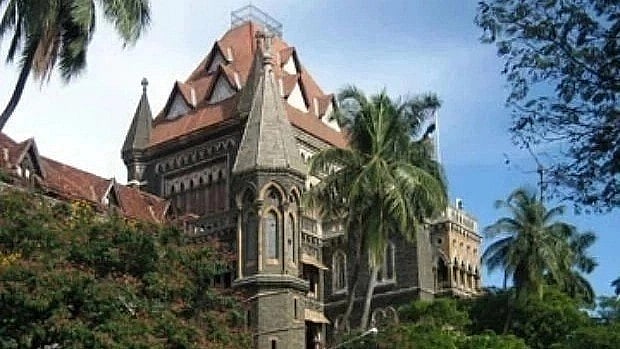Mumbai: Observing that electronic evidence is increasingly replacing traditional forms of proof, the Aurangabad bench of the Bombay High Court has directed a woman to provide her voice sample in a case filed under the Domestic Violence Act. The voice sample will be used to verify claims made by her estranged husband, who has alleged she was involved in an extra-marital affair.
Justice Shailesh Brahme, on May 9, noted that although there are no specific provisions in the Protection of Women from Domestic Violence Act to compel a party to give a voice sample, the nature of the proceedings is both quasi-civil and quasi-criminal.
The court held that the woman is bound to submit her voice sample for verification as the electronic evidence submitted by her husband—comprising a memory card and compact disc—has probative value.
The woman had challenged the admissibility of the recordings, arguing that the original mobile phone used to make the alleged recordings was not available. However, the high court rejected this argument, stating that such objections can be evaluated by the trial court.
“Due to the advent of technology, electronic evidence is replacing conventional evidence and hence there is a need to invest more powers to a magistrate who is a fact finding authority,” the court observed.
Justice Brahme also clarified that in domestic violence proceedings, parties are not “informant and accused” in the traditional criminal law sense, but individuals involved in a domestic relationship.
The order came on a plea filed by the man seeking a direction for his estranged wife to provide a voice sample. He had submitted audio recordings allegedly featuring his wife and her purported paramour to a family court, as part of his defence against her complaint of domestic violence.
When the woman denied that the voice was hers, he approached the magistrate’s court in Parner, Ahmednagar district, seeking a direction for a voice sample. The magistrate had rejected his plea in February 2024, prompting him to move the high court.
Setting aside the magistrate’s order, the high court directed the woman to provide her voice sample within three weeks. “The sample shall be referred to the forensic laboratory for verification,” the court said.
